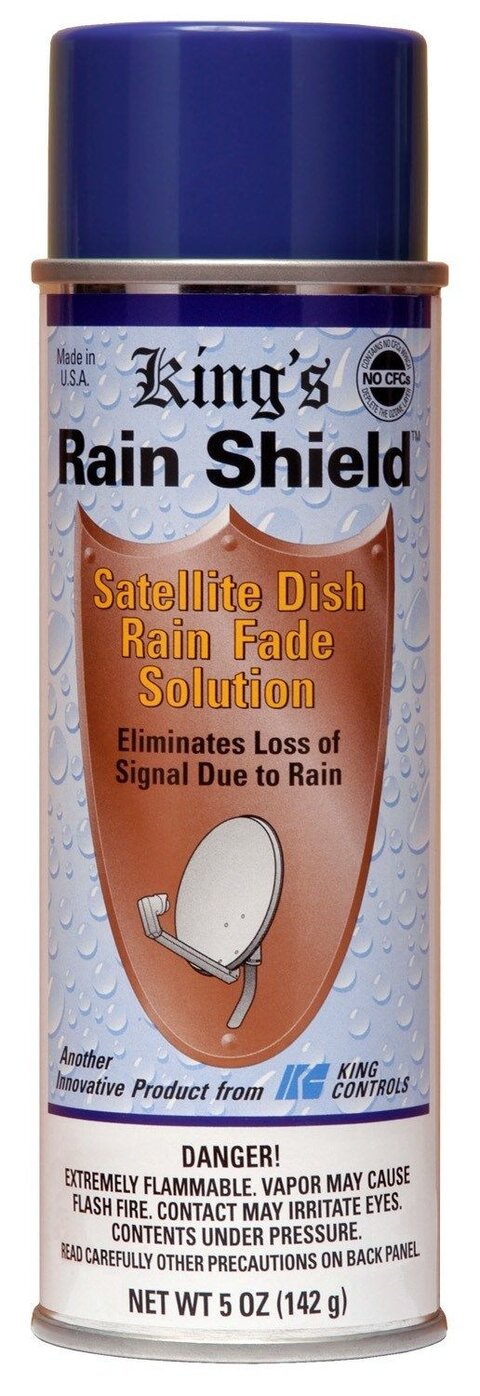With nearly 20 years in satellite I have NEVER seen a product like "Rain Shield" before. There is only one word for it AMAZING!
It comes in a spray form and is applied to your clean dry satellite dish and LNBF. I recently tried it out for myself in the back yard and the results were nothing less than stunning. I masked off half of a DirecTV dish and applied a couple of coats of "Rain Shield" leaving 20 minutes between applications.
I hooked up a water hose and started to flood the dish and LNBF with the spray, no matter what I did I could not get the "Rain Shield" side wet. Rain Shield acts as a surfactant and the water beads up and rolls off the dish acting very much like mercury, this stuff is incredible and I think its only a matter of time until EVERY satellite dish will have a coating of RAIN SHIELD.
The company that developed it in conjunction with chemists is called King Controls, and they will have a booth at the Satellite Expo 2005, they will have a live demonstration where you will be able to see it with your own eyes. Stop by and say hello and tell em PSB sent you
Please have a look at the below links for more info and the staggering results of my test. It also includes details of how to buy some of this amazing product. After my tests I gave my 36" dish a treat and coated the relector and LNBF with Rain Shield, next day we had a summer storm so I ran up to take a few pictures.............waste of time the dish and LNBF were BONE dry, this product is a god send for people living in areas prone to rain fade and it will even work with that sticky snow that can be a real pain in winter time. In my honest unbiased opinion this is a must have product to anyone serious about satellite reception.............. Still reeling after my tests! I make no money from this product but just had to share it with the members here at SatelliteGuys.US Remember where you heard of this "stuff" first!
This product is also know as "Dome Magic" for Domed satellite systems used in the RV. industry.
Rain Shield Test Pictures
King Controls
"What is rain fade?
Rain and snow can have a negative effect on satellite signal reception making the digital picture freeze, pixel or go out altogether. This loss of signal is commonly referred to as "rain fade" or signal attenuation. Satellite television reception is affected by two factors:
1. Water in the atmosphere
2. Water on the dish and LNB
To prevent loss of picture due to attenuation, satellite service providers transmit signals down with extra power in areas where it rains frequently. This extra power is called the rain fade margin. In many cases, the loss of signal strength due to rain is not more than the rain fade margin, so you can still be watching TV when it rains. You lose picture when there is enough water in the atmosphere to completely block the signal, or more likely when the signal loss caused by a combination of water in the atmosphere and water on the dish and LNB exceed the rain fade margin.
How does Rain Shield prevent rain fade?
King's Rain Shield eliminates the negative effects of rain and snow on the dish and LNB. While it does not prevent the reduction in signal due to excessive water in the atmosphere, it prevents rain on the dish and LNB from dropping the signal any further. In other words, when you eliminate the effects of water on the dish and LNB, the rain fade margin only needs to overcome the loss of signal in the atmosphere. It is very seldom that water in the atmosphere alone is enough to make you lose TV picture.
Snow has a similar effect on satellite signal when it starts to melt. Water or melting snow on the dish and LNB cause signal loss much the same as rain will. Without King's Rain Shield, wet snow can stick to the dish and LNB. When the snow melts, the resulting water will run off in sheets that cause signal strength to be reduced. With King's Rain Shield applied, snow and water will not stick to the dish and LNB. Water just rolls off in balls rather than spreading in wide sheets and therefore does not have any negative effect on signal reception.
How long will it last?
One application of Rain Shield will last about a year when applied as directed
How many applications per can?
Each 5 oz. can provides 4-7 applications on average. Customers in climates where wet snow is common will want to apply a thicker coat of Rain Shield on the dish, LNB and LNB arm to prevent snow buildup. In areas where snow is not expected, a thinner coat can be applied.
How is this different than other stuff I've tried?
Satellite installers have tried just about everything imaginable to prevent rain and snow from causing signal loss. While vegetable sprays and lubricants offer modest protection from snow buildup on the dish, the greasy surface attracts dirt and bugs, discolors the dish and eventually does more harm than good. Other rain repellants work on glass but will harm the plastic LNB lens. Dish covers made of waterproof materials work in certain types of weather conditions but not others. Only King's Rain Shield works equally well in all types of weather. It's also self cleaning, so you don't need to worry about negatively changing the appearance of the dish.
Where can I get Rain Shield?
Call King Controls at (800) 982-9920 (Tell em PSB sent you)
King Controls Visit.
It comes in a spray form and is applied to your clean dry satellite dish and LNBF. I recently tried it out for myself in the back yard and the results were nothing less than stunning. I masked off half of a DirecTV dish and applied a couple of coats of "Rain Shield" leaving 20 minutes between applications.
I hooked up a water hose and started to flood the dish and LNBF with the spray, no matter what I did I could not get the "Rain Shield" side wet. Rain Shield acts as a surfactant and the water beads up and rolls off the dish acting very much like mercury, this stuff is incredible and I think its only a matter of time until EVERY satellite dish will have a coating of RAIN SHIELD.
The company that developed it in conjunction with chemists is called King Controls, and they will have a booth at the Satellite Expo 2005, they will have a live demonstration where you will be able to see it with your own eyes. Stop by and say hello and tell em PSB sent you
Please have a look at the below links for more info and the staggering results of my test. It also includes details of how to buy some of this amazing product. After my tests I gave my 36" dish a treat and coated the relector and LNBF with Rain Shield, next day we had a summer storm so I ran up to take a few pictures.............waste of time the dish and LNBF were BONE dry, this product is a god send for people living in areas prone to rain fade and it will even work with that sticky snow that can be a real pain in winter time. In my honest unbiased opinion this is a must have product to anyone serious about satellite reception.............. Still reeling after my tests! I make no money from this product but just had to share it with the members here at SatelliteGuys.US Remember where you heard of this "stuff" first!
This product is also know as "Dome Magic" for Domed satellite systems used in the RV. industry.
Rain Shield Test Pictures
King Controls
"What is rain fade?
Rain and snow can have a negative effect on satellite signal reception making the digital picture freeze, pixel or go out altogether. This loss of signal is commonly referred to as "rain fade" or signal attenuation. Satellite television reception is affected by two factors:
1. Water in the atmosphere
2. Water on the dish and LNB
To prevent loss of picture due to attenuation, satellite service providers transmit signals down with extra power in areas where it rains frequently. This extra power is called the rain fade margin. In many cases, the loss of signal strength due to rain is not more than the rain fade margin, so you can still be watching TV when it rains. You lose picture when there is enough water in the atmosphere to completely block the signal, or more likely when the signal loss caused by a combination of water in the atmosphere and water on the dish and LNB exceed the rain fade margin.
How does Rain Shield prevent rain fade?
King's Rain Shield eliminates the negative effects of rain and snow on the dish and LNB. While it does not prevent the reduction in signal due to excessive water in the atmosphere, it prevents rain on the dish and LNB from dropping the signal any further. In other words, when you eliminate the effects of water on the dish and LNB, the rain fade margin only needs to overcome the loss of signal in the atmosphere. It is very seldom that water in the atmosphere alone is enough to make you lose TV picture.
Snow has a similar effect on satellite signal when it starts to melt. Water or melting snow on the dish and LNB cause signal loss much the same as rain will. Without King's Rain Shield, wet snow can stick to the dish and LNB. When the snow melts, the resulting water will run off in sheets that cause signal strength to be reduced. With King's Rain Shield applied, snow and water will not stick to the dish and LNB. Water just rolls off in balls rather than spreading in wide sheets and therefore does not have any negative effect on signal reception.
How long will it last?
One application of Rain Shield will last about a year when applied as directed
How many applications per can?
Each 5 oz. can provides 4-7 applications on average. Customers in climates where wet snow is common will want to apply a thicker coat of Rain Shield on the dish, LNB and LNB arm to prevent snow buildup. In areas where snow is not expected, a thinner coat can be applied.
How is this different than other stuff I've tried?
Satellite installers have tried just about everything imaginable to prevent rain and snow from causing signal loss. While vegetable sprays and lubricants offer modest protection from snow buildup on the dish, the greasy surface attracts dirt and bugs, discolors the dish and eventually does more harm than good. Other rain repellants work on glass but will harm the plastic LNB lens. Dish covers made of waterproof materials work in certain types of weather conditions but not others. Only King's Rain Shield works equally well in all types of weather. It's also self cleaning, so you don't need to worry about negatively changing the appearance of the dish.
Where can I get Rain Shield?
Call King Controls at (800) 982-9920 (Tell em PSB sent you)
King Controls Visit.
Attachments
-
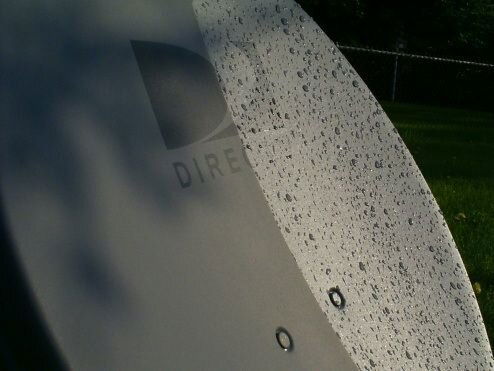 pict0016.jpg27.3 KB · Views: 918
pict0016.jpg27.3 KB · Views: 918 -
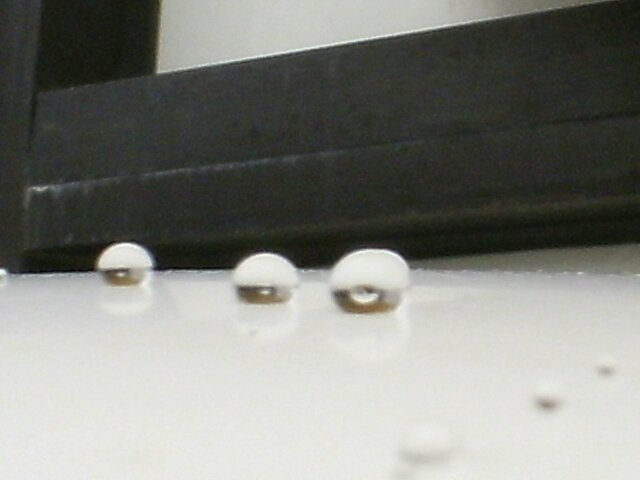 pict0015.jpg105.2 KB · Views: 799
pict0015.jpg105.2 KB · Views: 799 -
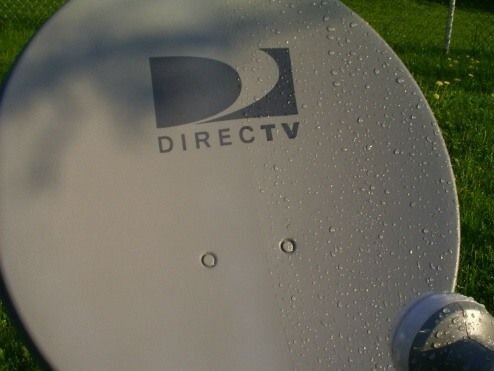 pict0029.jpg20.9 KB · Views: 1,008
pict0029.jpg20.9 KB · Views: 1,008 -
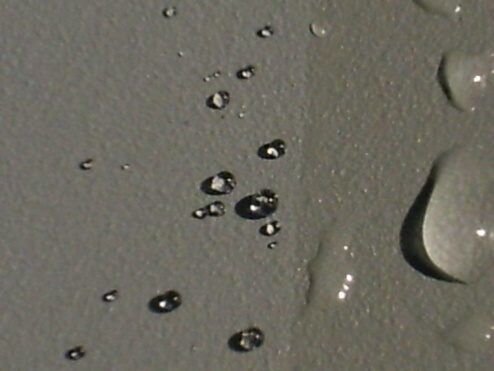 pict0037.jpg20.6 KB · Views: 787
pict0037.jpg20.6 KB · Views: 787 -
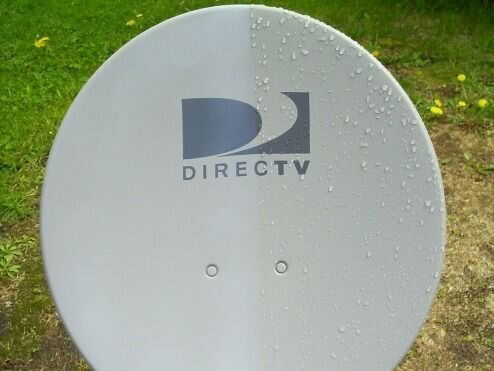 Pict0021.JPG25.6 KB · Views: 788
Pict0021.JPG25.6 KB · Views: 788 -
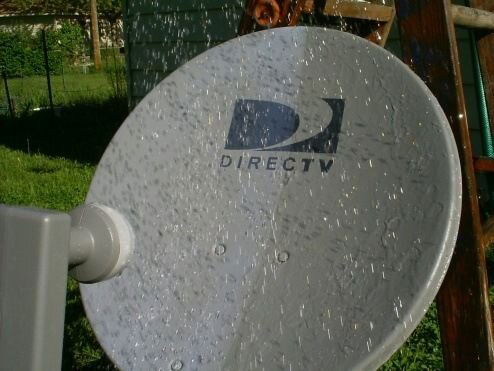 Pict0003.JPG33.8 KB · Views: 851
Pict0003.JPG33.8 KB · Views: 851 -
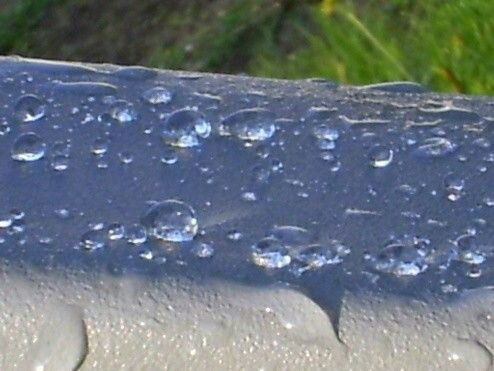 Pict0032.JPG32.8 KB · Views: 693
Pict0032.JPG32.8 KB · Views: 693 -
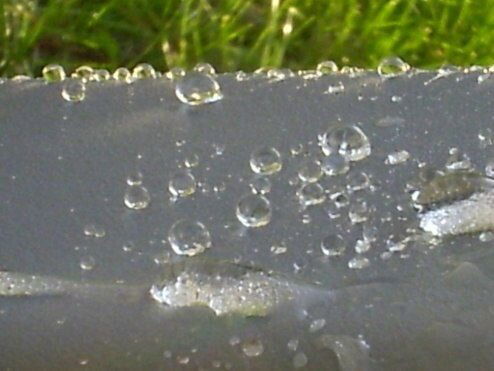 Pict0028.JPG28 KB · Views: 723
Pict0028.JPG28 KB · Views: 723 -
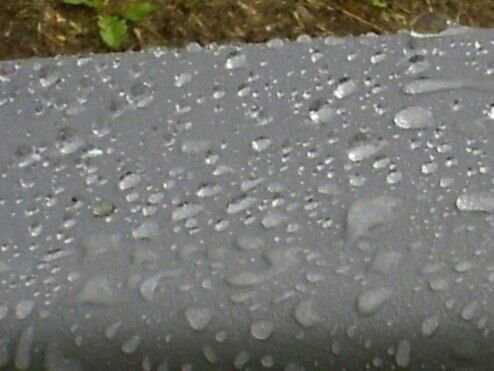 Pict0023.JPG28.9 KB · Views: 705
Pict0023.JPG28.9 KB · Views: 705 -
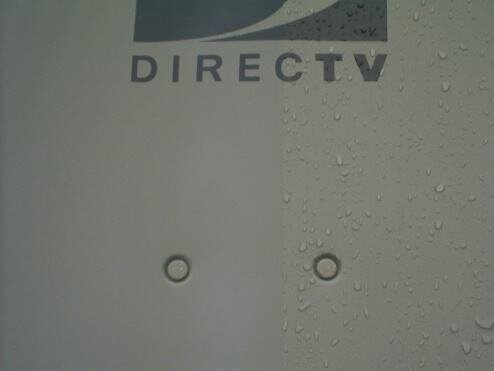 Pict0022.JPG9.1 KB · Views: 677
Pict0022.JPG9.1 KB · Views: 677 -
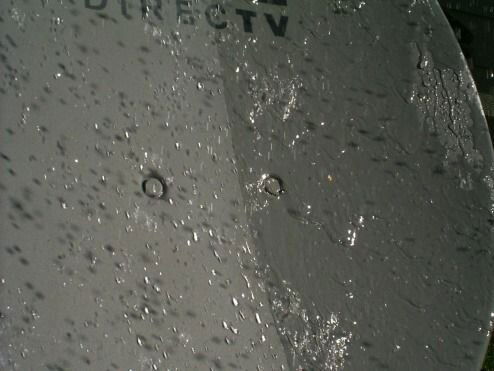 Pict0027.JPG27.3 KB · Views: 708
Pict0027.JPG27.3 KB · Views: 708


